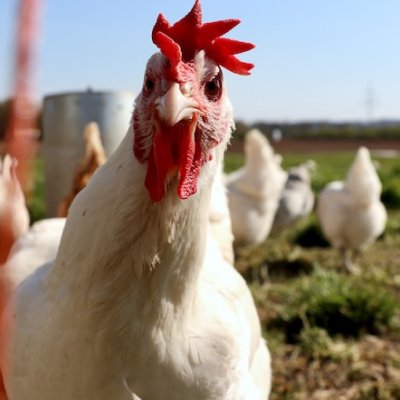USAGE NOTE
This word is often used in the plural in the sense shown in the noun.
RELATED ARTICLES
have(
hahv
)A transitive verb is a verb that requires a direct object (e.g., I bought a book.).
1. (to own)
My parents have a home, a car, and three beautiful children.Mis padres tienen una casa, un carro y tres hijos bellos.
2. (to suffer)
a. pasar
I had the worst time trying to quit smoking.Lo pasé muy mal cuando estaba tratando de dejar de fumar.
b. vivir
We've had some difficult times over the last few years.Vivimos unos momentos difíciles en los últimos años.
c. tener
I don't want to go back to that place. I had a bad experience last time.No quiero volver a ese lugar. La última vez tuve una mala experiencia.
4. (to consume)
5. (to receive)
a. poseer
The new party leader has many great qualities.La nueva líder del partido posee muchas grandes cualidades.
a. tener
My college roommate had a baby last week.Mi compañera de cuarto de la universidad tuvo un bebé la semana pasada.
8. (to allow)
a. no direct translation
This refers to an idiomatic word or phrase for which there is no word-for-word translation.
I had my car washed at the weekend.Llevé el coche a lavar el fin de semana.
I had my shirt cleaned at the laundry.Me lavaron la camisa en la lavandería.
An auxiliary verb, or helper verb, is a conjugated verb that comes before a main verb and determines the main verb's tense, mood, or aspect (e.g., I have gone.).
A noun is a word referring to a person, animal, place, thing, feeling, or idea (e.g., man, dog, house).
13. (rich person)
a. el rico (M), la rica (F)
(m) means that a noun is masculine. Spanish nouns have a gender, which is either feminine (like la mujer or la luna) or masculine (like el hombre or el sol).
(f) means that a noun is feminine. Spanish nouns have a gender, which is either feminine (like la mujer or la luna) or masculine (like el hombre or el sol).
I'd rather be one of the haves rather than the have-nots.Prefiero ser uno de los ricos que los pobres.
Examples
Machine Translators
Translate you were having using machine translators
Conjugations
Other Dictionaries
Explore the meaning of have in our family of products.
Random Word
Roll the dice and learn a new word now!
Want to Learn Spanish?
Spanish learning for everyone. For free.




















